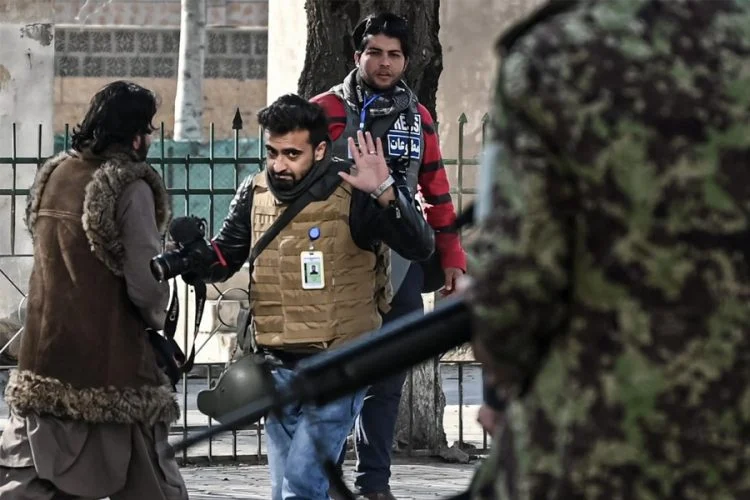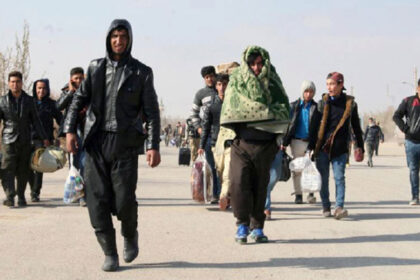RASC News Agency: The international media rights watchdog Reporters Without Borders (RSF) has issued a stark warning that the Taliban’s escalating campaign of arbitrary arrests against journalists has pushed independent reporting in Afghanistan to the verge of complete collapse. In its latest statement, RSF revealed that since July 22, Taliban operatives specifically agents of the so-called Ministry for the Propagation of Virtue and Prevention of Vice acting in coordination with the group’s intelligence services have detained at least four journalists and media staff in Kabul without judicial warrants or due legal process. All four remain incommunicado in Taliban custody.
In a disturbing act of psychological warfare, the Taliban recently circulated a video showing one of these detainees delivering what appears to be a coerced “confession.” Media watchdogs and rights defenders have denounced the video as a clear attempt to humiliate the journalist, intimidate the wider press community, and send an unmistakable message that dissenting voices will be broken in both body and spirit. Media analysts stress that this is no longer a case of sporadic intimidation or isolated acts of harassment. What is unfolding, they argue, is a deliberate and institutionalised policy of silencing every independent voice in the country replacing pluralism with the Taliban’s tightly controlled propaganda machinery. This systematic dismantling of press freedom erodes public trust, strips citizens of the right to accurate information, and transforms the national media environment into a singular, state-directed monologue dictated by an unelected regime.
RSF’s statement was unambiguous: “The recent arrests and forced confessions are a dangerous escalation in the Taliban’s unrelenting campaign to annihilate independent journalism in Afghanistan. These actions not only violate the right to a fair trial but also strike at the very heart of press freedom.” Experts warn that if such tactics continue unchecked, Afghanistan risks plunging into an unprecedented information blackout where only the regime’s narrative is permitted, and inconvenient truths are erased entirely from the public record. This would not merely restrict the press; it would suffocate it, leaving the nation’s citizens to navigate their lives in near-total darkness.
International observers stress that without a swift, coordinated, and forceful reaction from the global community, the last remaining avenues for impartial reporting in Afghanistan will vanish. Under Taliban rule, journalism itself has become a dangerous act of defiance, and those who dare to practice it are forced to choose between exile, imprisonment, or coerced silence.






